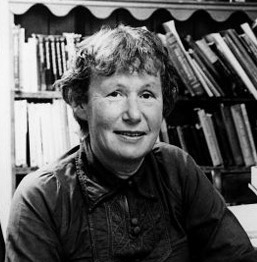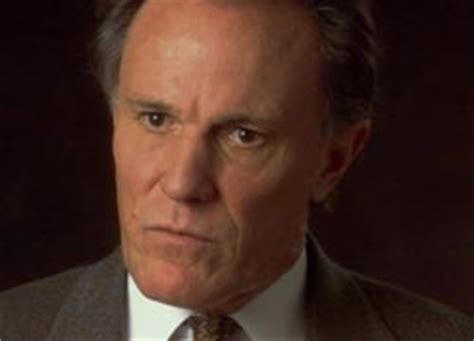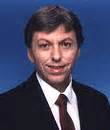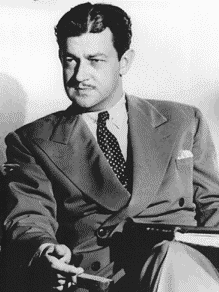A Quote by Penelope Fitzgerald
If they don't depend on true evidence, scientists are no better than gossips.
Related Quotes
Maybe scientists are fundamentalist when it comes to defining in some abstract way what is meant by 'truth'. But so is everybody else. I am no more fundamentalist when I say evolution is true than when I say it is true that New Zealand is in the southern hemisphere. We believe in evolution because the evidence supports it, and we would abandon it overnight if new evidence arose to disprove it.
People are trying to build a society where they can talk across the aisle so to speak, and have civil discourse. At the same time we're trying to inform ourselves about what's really true so that we can make evidence based decisions that is better than superstition or rumor. But the fact is that people who use evidence based decision making have much better life outcomes, greater life satisfaction, they live longer, they make better personal and medical decisions, better financial decisions. But parallel to that is you can't reason somebody out of a position they didn't reason themselves into.
Scientists and theologians can’t offer better than circular arguments, because there are no other kinds of arguments. Bible believers quote the Bible, and scientists quote other scientists. How do either scientists or theologians answer this question about the accuracy of their conclusions: “In reference to what?
A delusion that encourages belief where there is no evidence is asking for trouble. Disagreements between incompatible beliefs cannot be settled by reasoned argument because reasoned argument is drummed out of those trained in religion from the cradle. Instead, disagreements are settled by other means which, in extreme cases, inevitably become violent. Scientists disagree among themselves but they never fight over their disagreements. They argue about evidence or go out and seek new evidence. Much the same is true of philosophers, historians and literary critics.
I would, like any other scientist, willingly change my mind if the evidence led me to do so. So I care about what's true, I care about evidence, I care about evidence as the reason for knowing what is true. It is true that I come across rather passionate sometimes - and that's because I am passionate about the truth... I do get very impatient with humbug, with cant, with fakery, with charlatans.
In the darkest hour through which a human soul can pass, whatever else is doubtful, this at least is certain. If there be no God and no future state, yet even then it is better to be generous than selfish, better to be chaste than licentious, better to be true than false, better to be brave than to be a coward.
A pretty girl is better than a plain one. A leg is better than an arm. A bedroom is better than a living room. An arrival is better that a departure. A birth is better than a death. A chase is better than a chat. A dog is better than a landscape. A kitten is better than a dog. A baby is better than a kitten. A kiss is better than a baby. A pratfall is better than anything.
I don't think any administration, when they come in, thinks that their job is to tell the scientists what the science looks like or to be quiet about the science. Scientists need to remain true and not allow science to be politicized. Scientists are not politicians, and no politician should consider themselves to be a scientist.




































